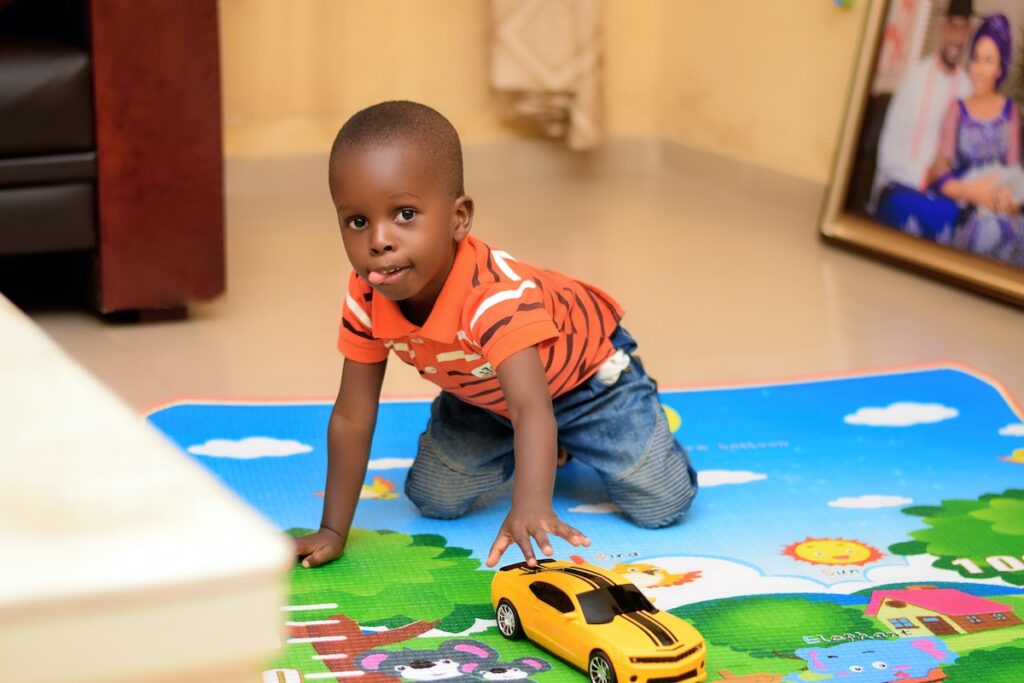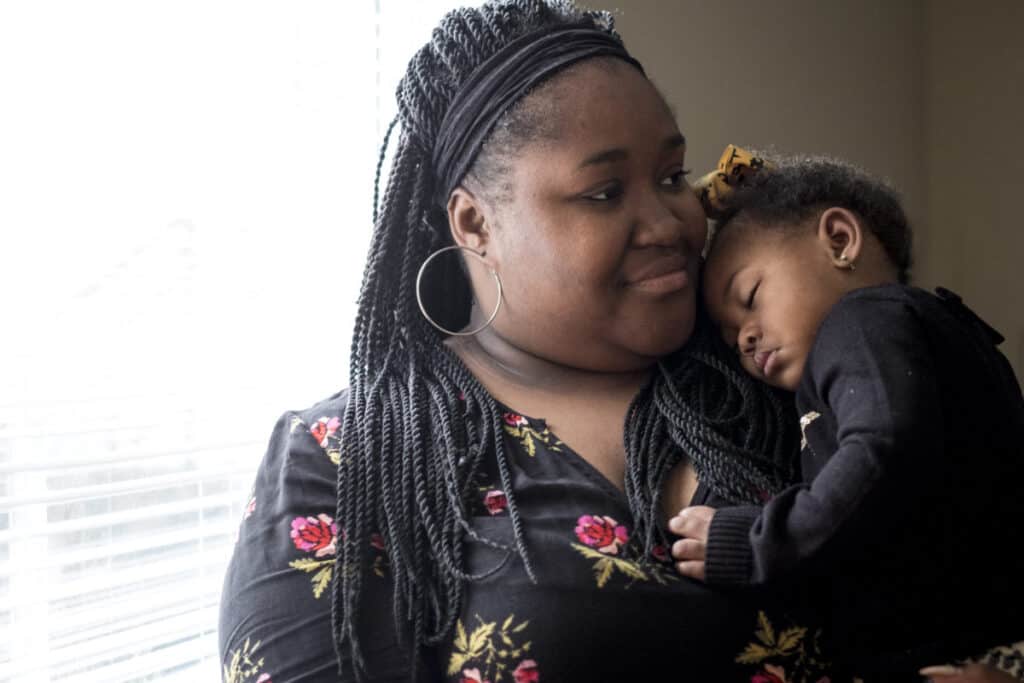There are many reasons why a child may struggle in school. It’s important to find out the cause so you can find a solution. But how do you know if your child has a learning disability or if something else is going on?
What do I do if I think my child has a learning disability?
1. Explore your concerns with your child and their teacher.
What aspects of the school day is your child having trouble with?
- Problems with math or reading? (Avoiding or struggling with work)
- Developmental concerns? (Doesn’t have the same skills as others their age)
- Social or communication issues? (Atypical speech patterns or anxiety in groups)
- Emotional or behavioral challenges? (Trouble managing emotions, frequent outbursts)
Ask about different subjects and skills. Ask your child what they find hard, and what they find easy. Which styles of teaching seem to work best for them? (Do they do better with visual aids, listening to information, or moving things around with their hands?) Try to find out if there are any emotional or social issues that may affect them in school.
2. Look carefully at your child’s progress in school.
Read school reports carefully and talk to their teacher about your concerns. Ask about:
- Academic Work: Are their reading, writing, and math skills way behind? Are there certain kinds of tasks that they have the most trouble with? (Read more about literacy and reading struggles)
- Concentration and Focus: Do they have a hard time focusing on their work? Is this harder in some classes than in others?
3. Explore your child’s experience outside of academics.
Talk to teachers, family members, and other adults who interact with your child.
- Social Skills — Do they avoid interactions with others, show overly aggressive behavior, or seem painfully anxious around people?
- Physical Skills — Compared to their peers, do they have trouble doing things like holding a crayon, picking up small objects, or running around the playground?
- Mood — Does your child seem unusually unhappy, anxious, or frustrated?
- Emotional Regulation – Does your child have a hard time controlling their anger or dealing with transitions?
Talk to their doctor about your child’s struggles
The doctor can check for physical problems and also see if your child’s development is on track.
Why is it important to identify a problem with your child’s development?
- Because there are things you can do to help their development, and it’s best to start right away
- Once you suspect there is a problem, you can start connecting to support systems
- If your child has a developmental disability, they may be able to get other support outside of school
- If your child has a diagnosis from a doctor, it will help when you apply for services
- Is my child different? 6 steps to assessing your child’s development.
Ask them to check hearing and vision.
Many children have trouble in school because of hearing or vision problems that no one knew about. These can be very slight but have a big effect on their learning. There are usually ways to improve vision or hearing, so it’s good to get them checked!
If you’re concerned that your child may have other problems, ask for a developmental assessment.
Development means learning new skills as a child gets older. These skills allow them to interact with their world, connect emotionally with other people, communicate their needs, and learn to take care of themselves. An assessment can tell you if your child has a developmental disability that impacts their learning. If they do, a doctor’s report can help strengthen the case for special education services. But the school evaluation will be the final test to see if they qualify.
Here’s how the medical system can help, and how to find a doctor if you need one.
How does the school identify learning disabilities and other problems?
Every school should have a formal process for identifying a child’s learning needs and their learning challenges. Your role is to bring up your concerns and work with the school.
There are 2 steps to identifying a child’s learning needs:
1. Use assessment data to find problem areas and try new teaching strategies
First, the school listens to your concerns and looks at assessments to see what areas and skills are hard for your child. Then they will set up a meeting and see if the child needs some extra help using different teaching strategies in the classroom.
Read more about why children struggle in school.
2. Check for a disability
The next level is a full evaluation to see if they have a learning disability or a developmental disability that is affecting their learning. If they do, they will need more specialized education and maybe some services like speech therapy or other therapies.
*******************
If you’re in Louisiana:
If your child is struggling in school, their teacher can set up a meeting with The School Building Level Committee (SBLC)
The SBLC is a team who can meet to discuss the needs of a child who is struggling and decide on solutions.
This is a formal process to identify why a child is having trouble and in what areas, and put interventions in place to help.
If your child is already getting some interventions, this committee should already be in place.
SBLC Team includes:
- School principal
- Classroom teacher
- Parent or guardian
- Student (if appropriate)
- If needed, other teachers, the school counselor, social worker, nurse, or other staff
What the SBLC Team does:
- Looks at all the information from school assessments, teacher observations, and parent concerns
- Identifies the specific areas where the child is having trouble
- Looks at the child’s strengths and preferred learning style
- Creates an action plan to add interventions (new teaching strategies) and other supports to help the student make better progress
- Monitors the supports and interventions and adjusts them if needed
- Schedules follow-up meetings as needed
In many cases, this process will be enough to help the student get on track and make progress. But if during this process, you or the team suspects that your child may have a disability, they can refer the child for an evaluation. Parents have a legal right to ask for this, and schools have a legal obligation to agree to it.
You, the parent, are part of the team and have a say in the action plan. You know your child best!
Stay involved, make sure you understand the plan, and keep track of how it’s working for your child.
*******************
If your child qualifies for special ed services, they will get an IEP (Individualized Education Program), which will describe their personal goals and the services the school will provide. This is why it’s important to identify a learning disability or developmental disability as soon as possible. Your child can get the help they need!
What’s next? Read about what you and the school can do to help your child with a learning disability.
Learn More
- What is Response to Intervention (RTI) and how can it help if my child struggles in school?
- About Learning Disabilities
- My Child is Struggling with Reading…Could it be Dyslexia?
- New to special education? Here is what you need to know.
- Resources if your child is struggling with reading: Exceptional Lives’ Reading & Literacy Hub



